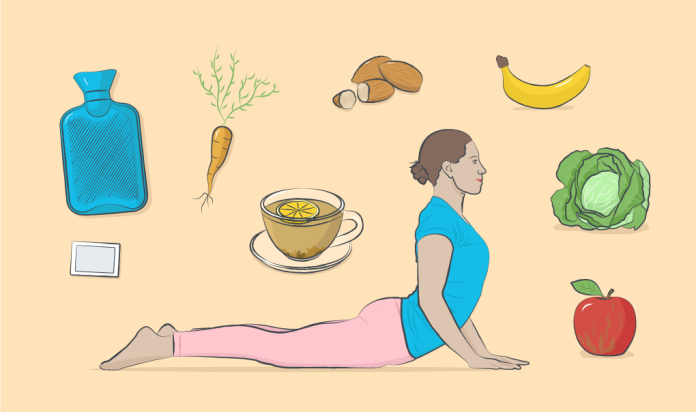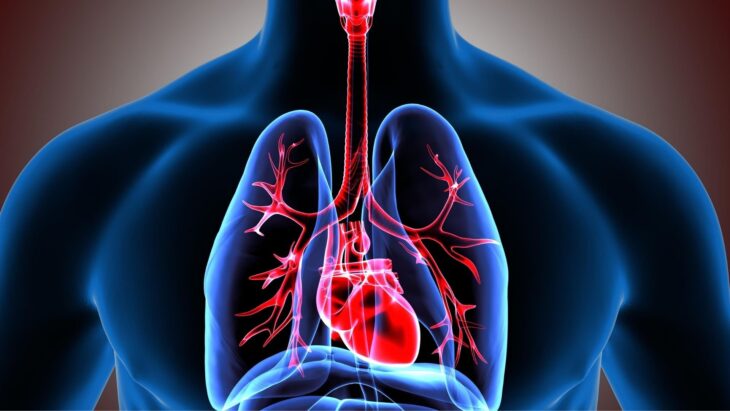As a nurse, there are many different fields of healthcare in which you can choose to specialize, whether it’s focusing on a particular type of patient, a particular health condition, or a particular healthcare setting. For those who are interested in caring for the very youngest members of society, a career as a neonatal nurse practitioner could be perfect. In this blog post, we’ll talk about the role in more detail, as well as how to become one, and what sort of skills and traits you need to have in order to truly succeed in the position.
What does a neonatal nurse practitioner do?
A neonatal nurse practitioner (NNP) is a highly-skilled member of the healthcare team responsible for looking after newborn babies. They have a greater level of training in comparison to neonatal nurses, and as such can take on a wider variety of tasks and responsibilities. This means you will often be working with babies who are premature or who require specialist treatment as a result of health problems such as low birth weight, infection, respiratory difficulties, genetic disorders, or congenital heart abnormalities.
The precise duties assigned to you will depend on the setting in which you work and your level of qualifications and experience, but you can expect to perform at least some of the following:
- Supervising and assisting with the delivery of babies
- Caring for newborns in neonatal intensive care units, who may have complex health issues or have been born with health complications
- Evaluating newborns by weighing and measuring them
- Bathing and feeding newborns
- Conducting neonatal resuscitation
- Ordering or performing diagnostic tests
- Maintaining accurate patient records
- Monitoring and assessing patients’ vital signs
- Monitoring and managing specialized equipment such as ventilators and incubators
- Carrying out medical procedures such as drawing blood and starting IV lines
- Designing treatment plans for a range of healthcare conditions
- Prescribing medication
- Educating new parents on how to care for their infant
- Collaborating and communicating with other healthcare professionals
Neonatal nurse practitioners usually work in neonatal intensive care units within public or private hospitals, but you can also be employed in places such as outpatient settings, medical centers, rural care facilities, private practices or research agencies.
How do I become a neonatal nurse practitioner?
In order to get qualified as a neonatal nurse practitioner, you will first need to earn a bachelor of science in nursing degree (BSN). This generally takes around four years to complete, and will cover a wide range of topics, such as nursing care for children, adults and the elderly as well as wellness promotion and nursing ethics. After graduating you will need to pass the national Nursing Council Licensure Examination (known as the NCLEX-RN exam) in order to become licensed as a Registered Nurse (RN).
Having completed these first steps, it will be time to begin specializing in neonatal care. There are a few different ways that you can do this, however, a good place to start is gaining clinical experience in neonatal intensive care units or comparable neonatal clinical settings, and studying for any relevant certifications that are available to you.
At this point you can begin to apply for neonatal nurse practitioner programs. The two main options are to enroll on either a master’s degree in nursing (MSN) or a doctor of nursing practice (DNP) – whichever you choose, be sure to pick a program with a specialism in neonatal nursing. The DNP is a longer and more challenging degree, but as such, it qualifies you for higher-level roles. Some examples of modules that you will have the chance to study on these courses include:
- Embryology and Developmental Physiology
- Advanced Neonatal Nursing Management
- Comprehensive Neonatal Assessment Theory
- Human Genetics and Clinical Applications
- Neonatal Disease Process
- Maternal Risk and Neonatal Health Promotion
- Neonatal Pharmacology
- Neonatal Pathophysiology
- Advanced Neonatal Physical Assessment
- Developmental Physiology
As part of the program, you’ll also be required to complete a certain number of clinical hours in a relevant setting, during which you’ll gain valuable experience in the real world under the supervision of experienced professionals. This is also a great chance to widen your professional network ready for when you begin job seeking.
Following graduation you’ll need to pass another examination to be licensed as a neonatal nurse practitioner. The exact requirements vary by state, so be sure to check your local board of nursing for the specific details in your area. Bear in mind you may be required to renew your certification every few years.
What skills do I need to be a good neonatal nurse practitioner?
In addition to the relevant clinical experience and specialist neonatal nursing knowledge required, there are a number of traits and skills that will help you to truly succeed as a neonatal nurse practitioner. For example, you will need to be passionate about caring for newborn babies and their families, plus have the dedication to commit to lifelong learning and continued professional development. This is a field in which new developments are always being made, so it’s important to keep up to date with them and ensure that your knowledge and skills remain sharp.
You will also need to have strong communication skills, because you’ll be advising parents on how to best care for their child. Attention to detail is critical, too, in order to handle precise dosages of medication and monitor vital signs carefully. Neonatal nurse practitioners also need to be flexible, because unexpected problems can arise at any time, as well as have strong organizational skills, as you will often be dealing with many patients simultaneously.
Plus, of course, you must be empathetic and compassionate, because you may need to help new parents cope with stressful and upsetting situations. Hand in hand with this is the ability to cope well with stress, not let those troubling circumstances impact your own mental health or wellbeing, and be able to draw clear boundaries between your work life and your home life.
Lastly, nursing of almost every kind can involve working for long hours on your feet. Therefore, you’ll need to be physically fit in order to cope with this physical fatigue – taking regular exercise, drinking plenty of water, eating healthy and getting enough sleep will all be crucial!















